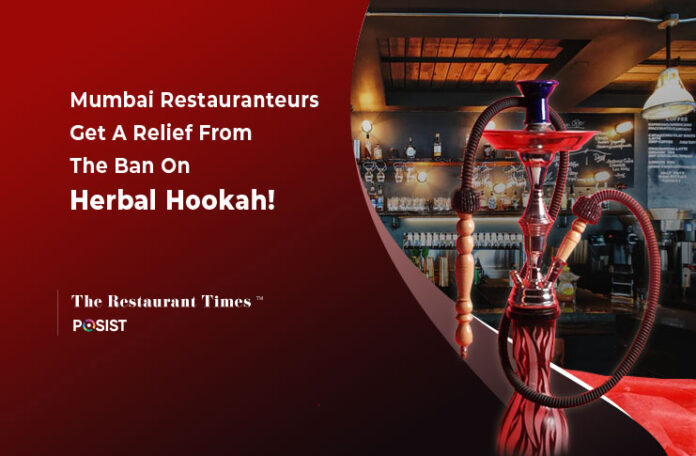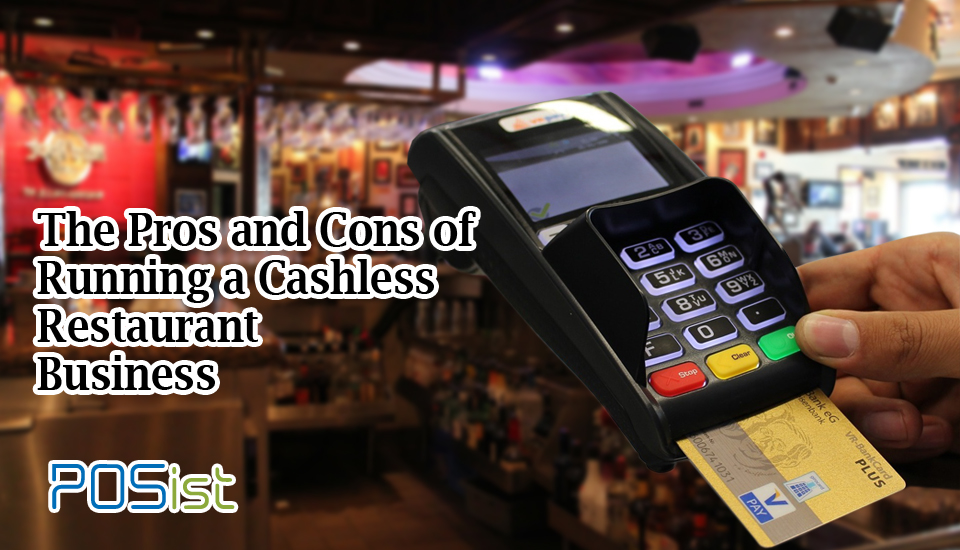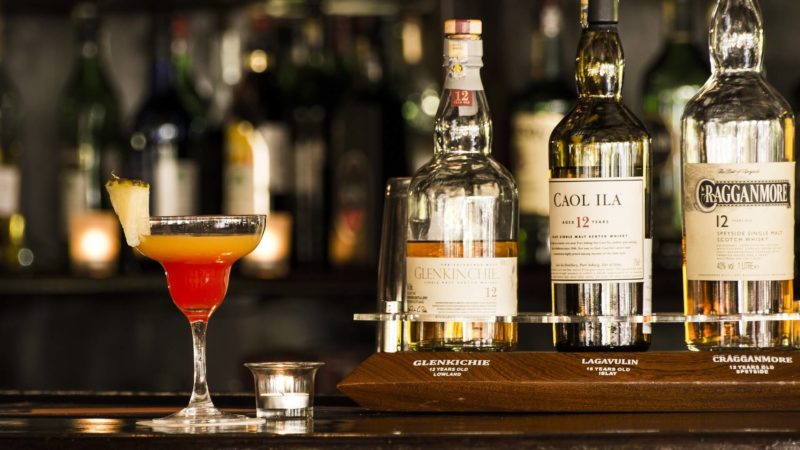There has been an ongoing debate about the sale and consumption of hookah for quite some time now. There have been a lot of talks over what is right and what is wrong related to the consumption of hookah. After the hookah ban in Delhi, Gujarat, and Mumbai, many petitions were made to oppose the rule of the government as a lot of people’s livelihoods depended on the sale of hookah.
Hookah attracts a lot of millennials and the customers in general and makes them sit for an average of two hours in the restaurant. The longer period leads to customers ordering more amount of food at the restaurants serving hookah.
Restaurateurs in these regions have faced the issue of hookah ban and its negative impact thereafter. A lot of smaller cafes and restaurants in Mumbai did not have alcohol licenses and only depended their sales on the hookah. The ban on hookah led to a great deal of decline in the sales of these restaurants.
The History On Hookah Ban
A blanket ban on hookah was imposed in Mumbai after the Kamla Mills fire incident that had resulted in the loss of 14 lives.
After the incident, the state amended COTPA (Cigarettes and Other Tobacco Products Act) and imposed a ban on hookah bars or any place that was even remotely involved in selling hookah. People were to be punished for imprisonment for up to three years in case they were found serving hookah.
A lot of Mumbai Government officials believed that there were more than just hookah that was sold in these parlors. “Gujarat has already banned hookah parlors, Maharashtra will be the second state in India to do so. Besides the use of tobacco, there were complaints of drug use in these parlors,” said an official from Mumbai Police Department.
The Petition Made
Following the hookah ban, restaurateurs have been petitioning to get this ban removed. Ali Reza Abdi, a restauranteur complained about the ban on herbal hookah, as he had been running three outlets in Mumbai under the brand “Sheesha Sky Lounge”. The outlets had employed around 400 people and were shut down after the Kamla Mills tragedy.
Furthermore, Abdi petitioned that herbal hookah was not a part of the tobacco products and hence is not to be amended under COTPA. He also mentioned that none of the court representatives wanted to respond to his petition and he was constrained to approach the court.
This legislation violates the fundamental right to practice any profession or to carry on any occupation, trade or business as it is supposed to only impose restriction and not complete prohibition. Imposing the ban on hookah parlors will not be in the interest of the general public as the degree of nicotine in the hookah is less than that in cigarettes and bidis.
The Verdict
The Bombay High Court on Monday, July 15, 2019, stated that herbal hookah is tobacco-free and hence will not be prohibited for sale. The direction of the court came after Abdi approached the High Court, seeking a declaration that the provisions of the Cigarettes and Other Tobacco Products Act (COTPA), 2003, do not apply to tobacco-free hookah. Authorities can’t take action against him if he starts serving the herbal hookah at his roof-top restaurant (Sheesha Skylounge).
Later, Abdi’s counsel, advocate Sujay Kantawala pointed out that herbal hookah does not contain any tobacco product and the nicotine-free product contains harmless elements like glycerine and sugar. The High Court has therefore freed all its prohibitions on the ban of herbal hookah and any non-tobacco hookah products, giving the restaurateurs of Mumbai a reason to rejoice.

















